Potassium chloride (KCl) is a chemical compound commonly used in a variety of applications, ranging from industrial to medical uses. It is a white crystalline substance that dissolves easily in water and is primarily composed of potassium (K) and chlorine (Cl). Potassium is an essential mineral for the human body, playing a crucial role in maintaining proper cell function, nerve transmission, and muscle contraction. In agriculture, potassium chloride is widely used as a fertilizer. It is often included in potassium-based fertilizers due to its high potassium content. Potassium is one of the three major nutrients required for plant growth, alongside nitrogen and phosphorus. It helps regulate plant metabolism, enhance disease resistance, improve root development, and increase crop yield. Because of its effectiveness in promoting plant growth, potassium chloride is used in the production of crops like corn, wheat, and potatoes. In medicine, potassium chloride is prescribed to treat or prevent low potassium levels in the blood, a condition known as hypokalemia. Hypokalemia can result from factors like chronic diarrhea, excessive use of diuretics, or kidney disease. Potassium is essential for heart function, and low levels can lead to muscle weakness, arrhythmias, and even paralysis. Potassium chloride is commonly administered orally, in the form of tablets or liquid, or intravenously in hospitals under careful medical supervision. Potassium chloride also finds use in the manufacturing of various chemicals and products. It is employed in the production of potassium hydroxide and potassium carbonate, both of which are important chemicals in industrial processes. Additionally, KCl is used in the production of salt substitutes, especially for individuals who need to reduce their sodium intake for health reasons. Though potassium chloride has many beneficial applications, excessive intake can lead to hyperkalemia, a condition in which potassium levels in the blood become dangerously high. Symptoms of hyperkalemia include irregular heartbeats, muscle fatigue, and paralysis, and it can be life-threatening if not managed promptly. Overall, potassium chloride is an important and versatile compound, vital in agriculture, medicine, and industry, but it must be used with caution to prevent potential health risks.
Potassium Chloride
| Cas No : | 7447-40-7 |
| Formula : | KCl |
| Hsn Code : | 3104200 |
| Form : | Power |
| Molecular Weight : | 74.55 g/mol |
| Melting Point : | 770 °C |
| Boiling Point : | 1.413 °C |

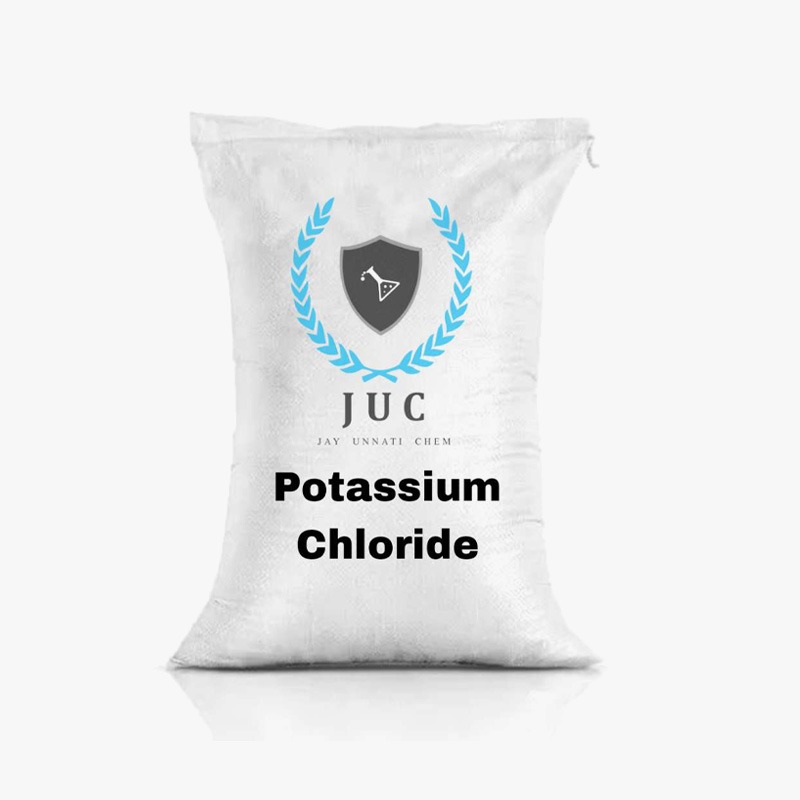
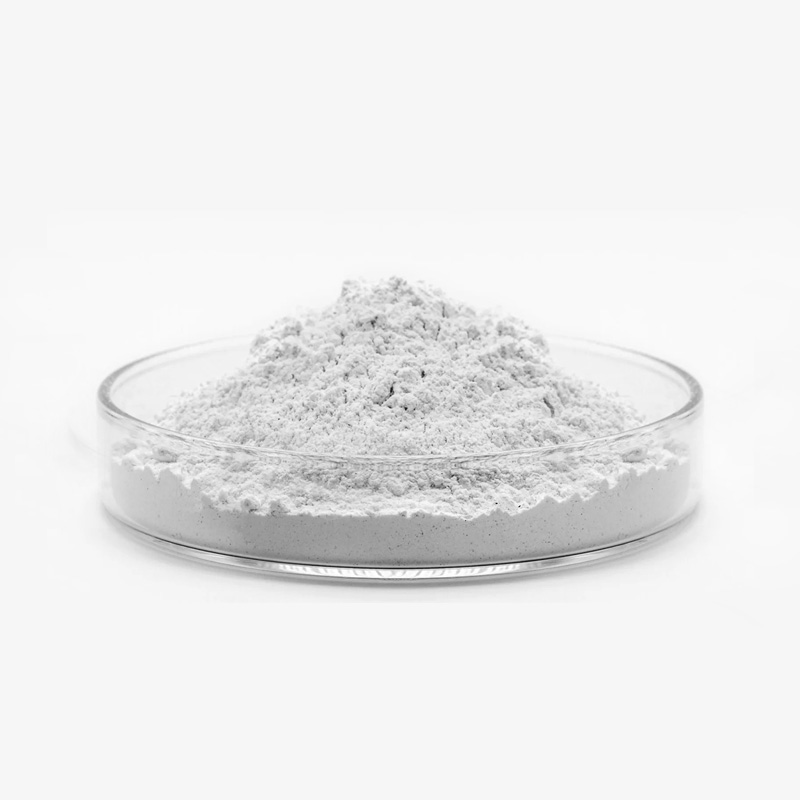
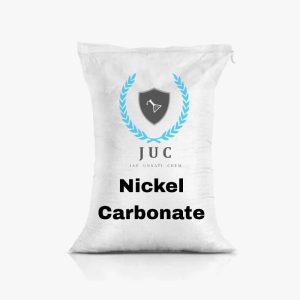
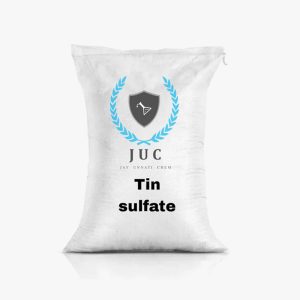
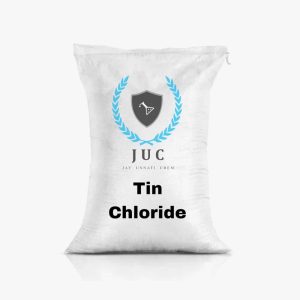
Reviews
There are no reviews yet.